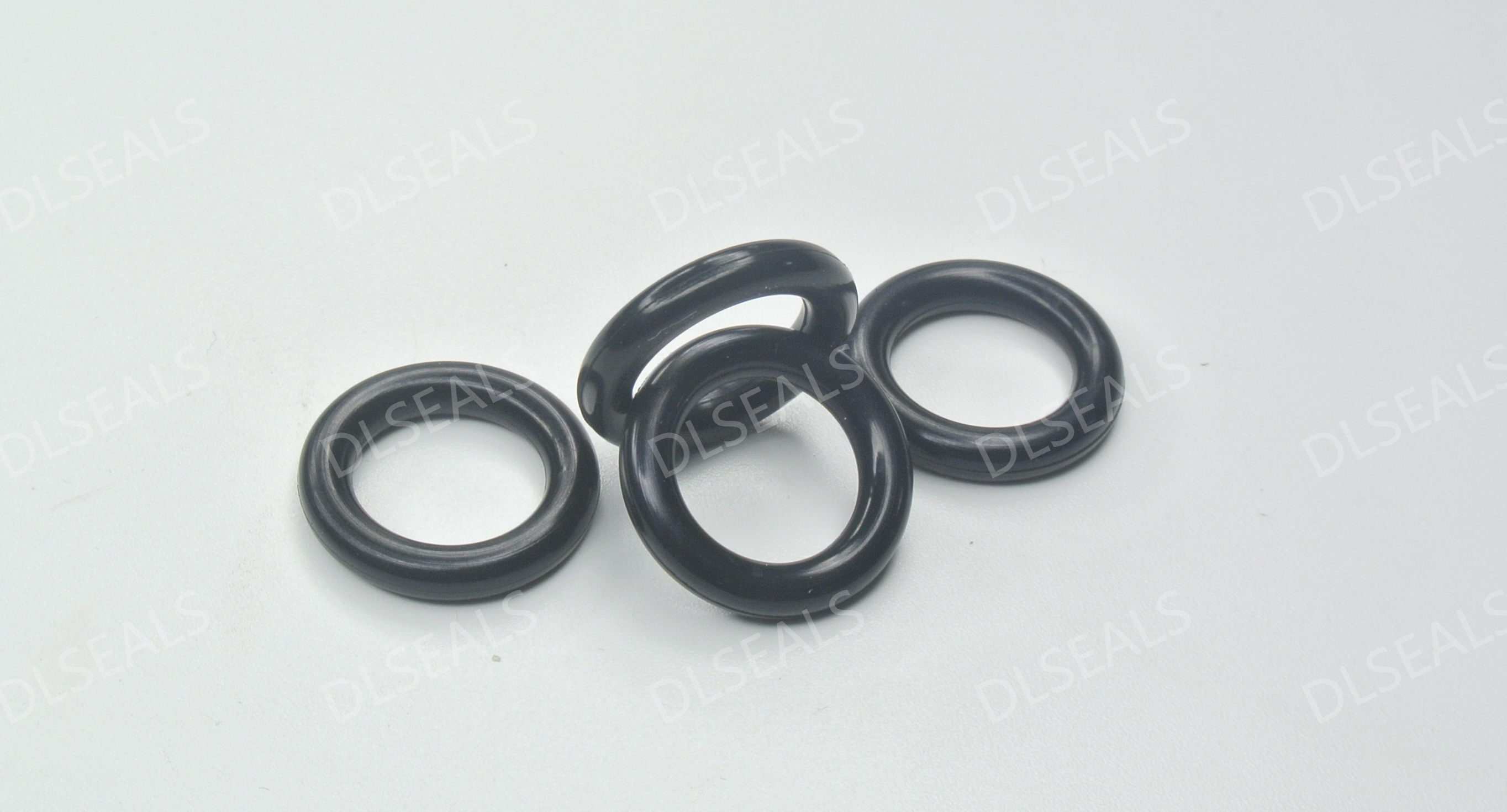
Silicone materials are widely used in food, medicine, electronic products and other fields due to their excellent temperature resistance, flexibility and biocompatibility. However, the question of whether silicone materials are toxic often arouses public concern and doubts. This article will explore the chemical composition, manufacturing process, safety certification and safety of silicone materials in practical applications in depth to fully reveal the safety of silicone materials.
Chemical composition of silicone materials
Silicone is a high molecular polymer with silicon oxygen (Si-O) as the main chain, mainly composed of silicon, oxygen, carbon and hydrogen elements. Its chemical structure is stable and does not contain heavy metals and other components that are harmful to the human body. Silicone is solid at room temperature, has good flexibility and elasticity, and can maintain stable performance over a wide temperature range.
Silicone manufacturing process
The manufacture of silicone usually includes the following steps:
Raw material preparation: including silicon compounds, cross-linking agents, catalysts and fillers.
Mixing: Mix various raw materials evenly in proportion.
Molding: The mixture is molded into the desired shape through processes such as molding, extrusion, and injection molding.
Curing: Curing at a specific temperature and pressure to form a stable polymer structure.
Post-processing: cleaning, drying and other processes to remove residual solvents and other impurities.
The entire manufacturing process is strictly controlled to ensure that the final product does not contain substances that are harmful to the human body.
Safety certification
Silicone materials are subject to strict safety certification in various countries and regions around the world. Common certification standards include:
FDA (US Food and Drug Administration): If silicone products are used for food contact materials, they must comply with relevant FDA regulations.
EU REACH regulations: require all chemicals to be registered, evaluated and authorized before they are sold on the market.
China Food Safety National Standard: Silicone products must pass the GB 4806 series of standards certification to ensure that they meet the safety requirements of food contact materials.
These certifications ensure that the potential risk of silicone materials to the human body in daily use is extremely low.
Safety in practical applications
Silicone materials are widely used in many fields due to their excellent temperature resistance and biocompatibility:
Food industry: silicone tableware, baking molds, pacifiers, etc., are strictly food-grade certified and have high safety.
Medical devices: used to manufacture catheters, sealing rings, thermal pads, etc., with good biocompatibility and disinfection resistance.
Electronic products: used to make mobile phone cases, keyboard pads, etc., comfortable and durable.
Daily necessities: silicone fresh-keeping covers, sealing bags, etc., soft and easy to clean.
In these applications, silicone materials perform well and have no harmful effects on the human body after long-term use.
Common concerns and answers
Does silicone release harmful substances at high temperatures?
Silicone is stable at high temperatures and does not release substances that are harmful to the human body. However, some cheap, substandard silicone products may release low-molecular silicone oil at high temperatures, so you should avoid buying such products.
Are silicone products suitable for infants and young children?
Silicone pacifiers, toys, etc. that meet FDA and GB 4806 certification are safer and suitable for infants and young children. However, you still need to pay attention to the product’s certification mark and instructions for use.
Conclusion
In summary, silicone materials show excellent safety under strict production and certification processes. The stability of its chemical structure, the rigor of its manufacturing process, and its extensive safety certification make it an ideal material for food, medicine, electronic products and other fields. When choosing silicone products, consumers should pay attention to the product’s certification mark to ensure that they purchase products that meet safety standards. Through scientific cognition and selection, silicone materials have undoubtedly brought many conveniences and safety guarantees to our lives.
Post time: Nov-08-2024
